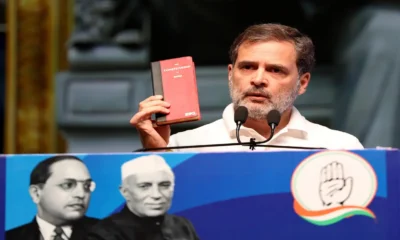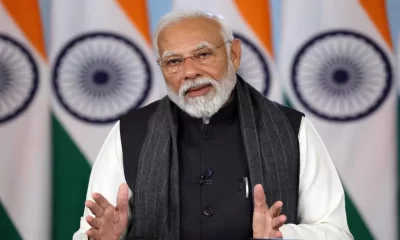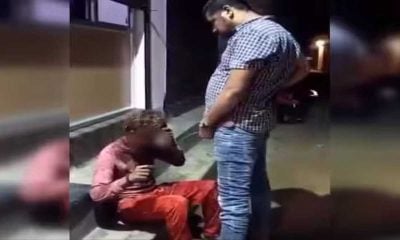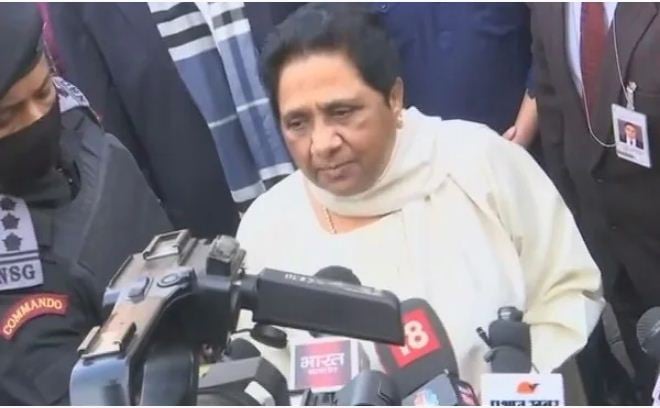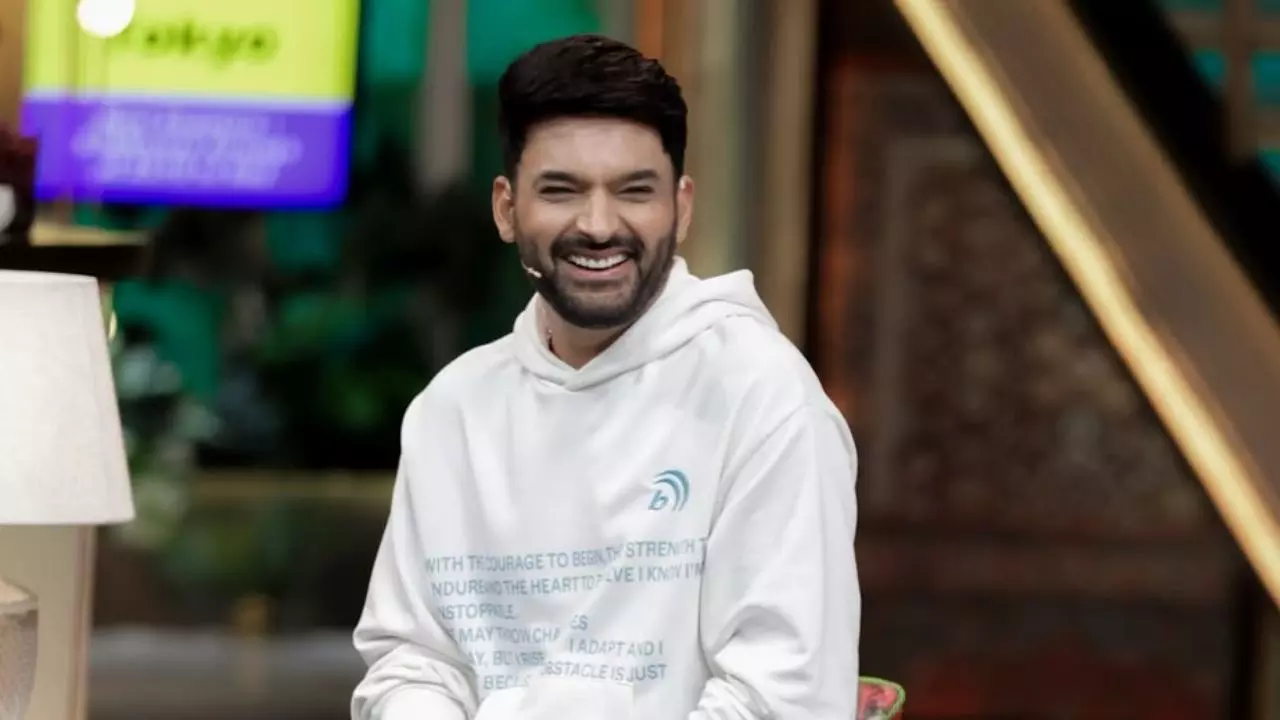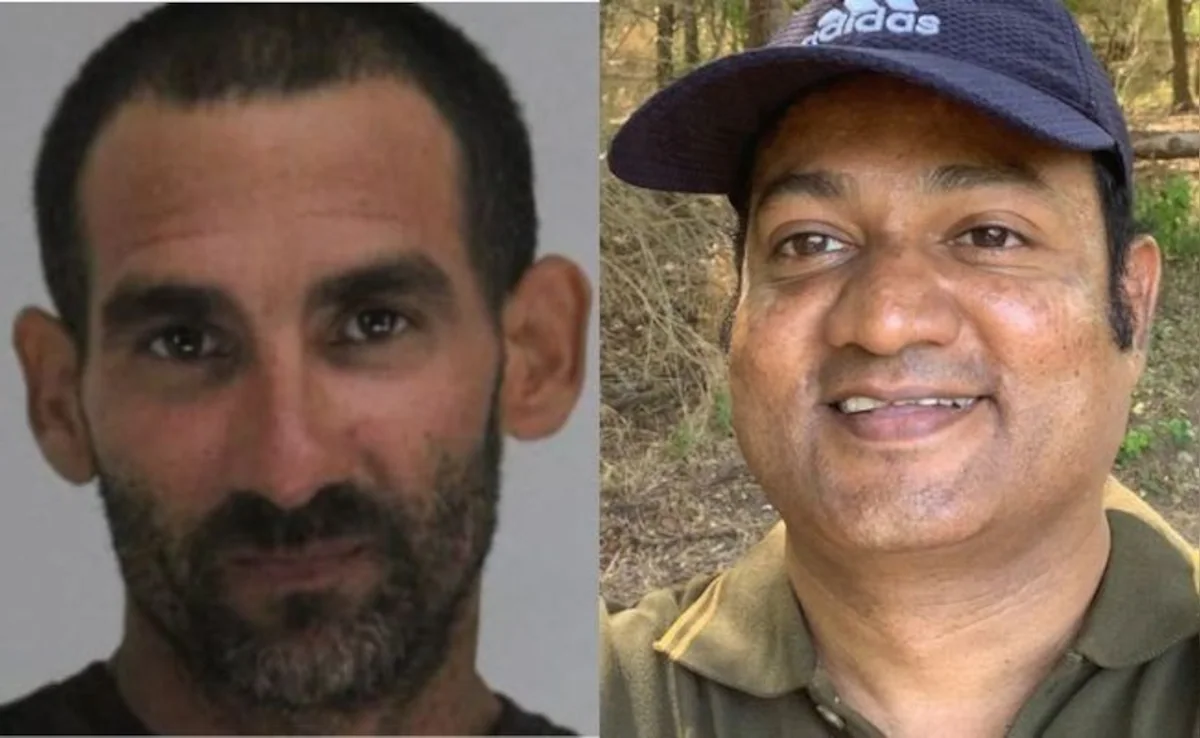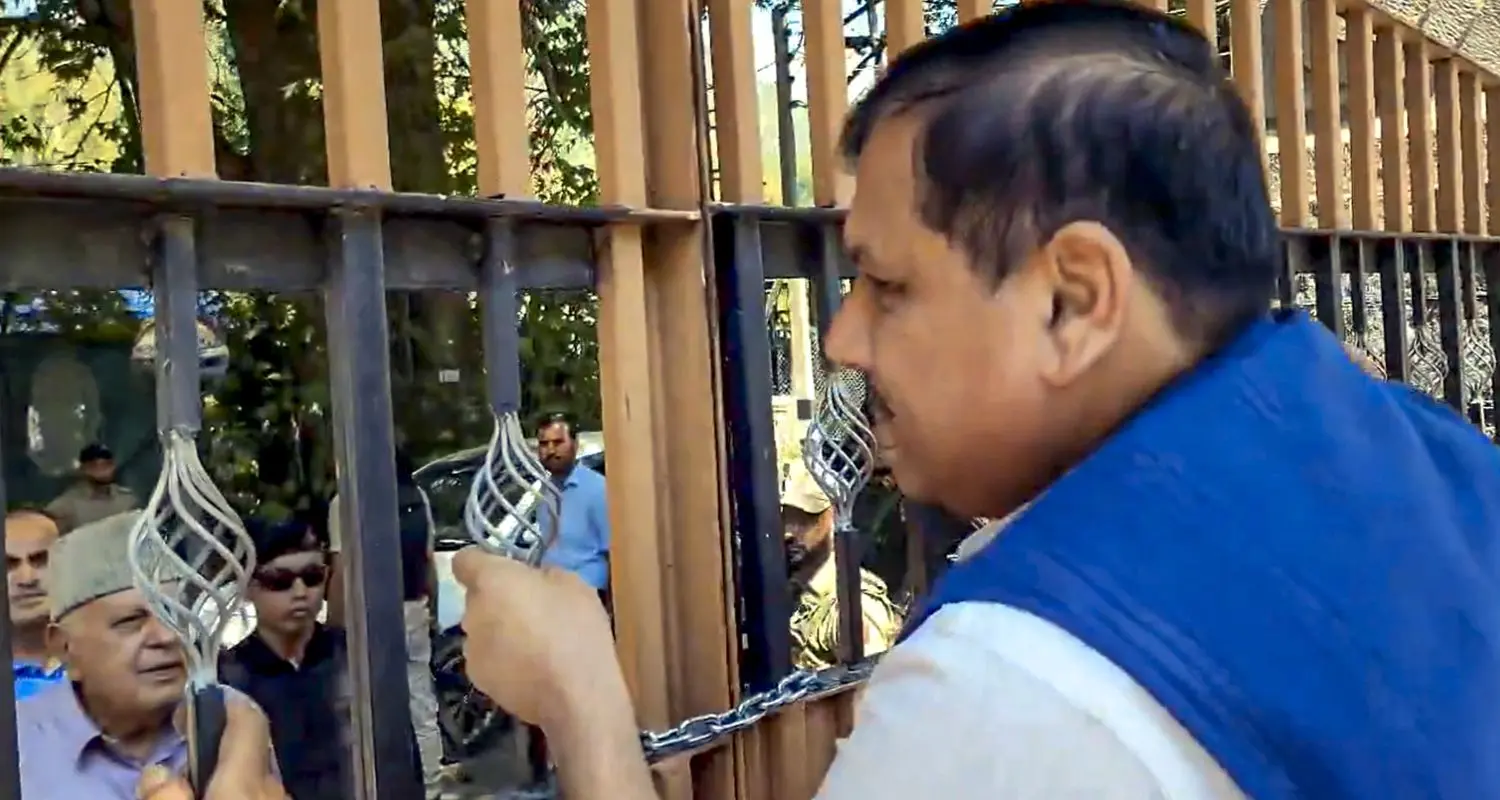[vc_row][vc_column][vc_column_text]People of Dalit, Minority and Tribal communities come together
BY Abu Turab
South Asian Minorities Lawyers Association (SAMLA) has expressed concern over the growing incidents of lynching and decided to initiate legal proceedings against violent Hindutva organisations to get them banned and designated as terror organizations.
A brainstorming session titled as “Dalit, Minority, Tribal Lives Matter” was held at Indian Law Institute on Tuesday with a large number of intellectuals and representatives of various bodies from the deprived communities.
The session was addressed among others by Mehmood Pracha, President of SAMLA, John Dayal, a Dalit Christian political activist, Dr Anita Benjamin of Rashtriya Isai Mahasangh, Kartar Singh Kochar of Panthak Sewa Dal, Aalim Naqvi, veteran Urdu journalist and Harnam Singh, former President of Delhi Safai Karmachari Sangh.
In a hard-hitting resolution, the lawyers body decided to initiate legal proceedings to get Bajrang Dal, Hindu Yuva Vahini, Abhinav Bharat, Hindu Sena, Sanatan Sanstha nd Hindu Jagriti Samiti banned and designated as terrorist organisations.
Mehmood Pracha while addressing the session said that the plight of Dalits, Tribals and Minorities is similar to that of blacks in US. He criticised the community leaders for not addressing the issues faced by their people.
Pracha also criticised judiciary for not realising the situation. He said the black Americans were forced to come on the streets after certain judicial orders hampering their rights. If judiciary will falter everybody will falter, asserted.
He said that Dalit, Tribal and Minorities should work in sync to achieve their rightful space in the society. He alleged that Hindu hardline organisations were behaving like Al-Qaeda and IS.
John Dayal, who has been actively engaged in social work, especially after 2007-8 anti Christian attacks in Odisha, has suggested SAMLA should take up issues regarding extra judicial killings in the country. He demanded certain amendments in the constitution, especially about Dalit education and right to choose religion. He also advised inter-faith dialogue for creating more congenial atmosphere in the country and bring like- minded people from all communities.
Some success stories of earlier efforts by these communities were also described. Harnam Singh, a Safai Karmachari (sweepers) leader, said that persistent efforts succeeded in bringing legislation against manual scavenging. The Safai Karmacharis were upgraded from unskilled to skilled labor facilitating better pay for their jobs. He revealed that all these success stories were made possible because of Mehmood Pracha’s continued support.
Kartar Singh Kochar, of Panthak Sewa Dal appreciated the move to bring Dalits, Tribals and Minorities together and suggested to raise funds for running an effective movement. He announced rupees fifty thousand contribution for SAMLA’s project of bringing the victimised communities together.
Anita Benjamin of Rashtriya Isai Mahasangh described several issues faced by the community. She said that Christ was described as a demon in text books in Gujarat, Dalit Christians were being isolated after their protest on demolition of an Ambedkar statue in Telangana while conspiracies were being hatched to create divide among Sikhs and Dalits.
Mujeebur Rahman, an activist working for the people affected by the citizenship issue from Guwahati described the issue in detail.
Aalim Naqvi, an Urdu journalist advised the lawyers body to work for empowerment of the deprived communities through different means, amendment of Police Act, which was made to slave Indians by British rulers, and to get IB under Parliamentary statute.
At the end of the session, participants passed certain resolutions. They decided to take action against oppression on behalf of the victims through legal action against government officials in-charge of the area through legal and agitation means.
It was also decided to extend legal aid to the victims of systemic communal and racial violence to bring the perpetrators to justice and for exemplary compensation.
The participants also resolved to create an umbrella organisation of like-minded organisations both within the country and also globally to lead the movement. They resolved to develop alliance with similar organisations and movements in other countries, starting with the US based “Black Lives Matters”.[/vc_column_text][/vc_column][/vc_row]
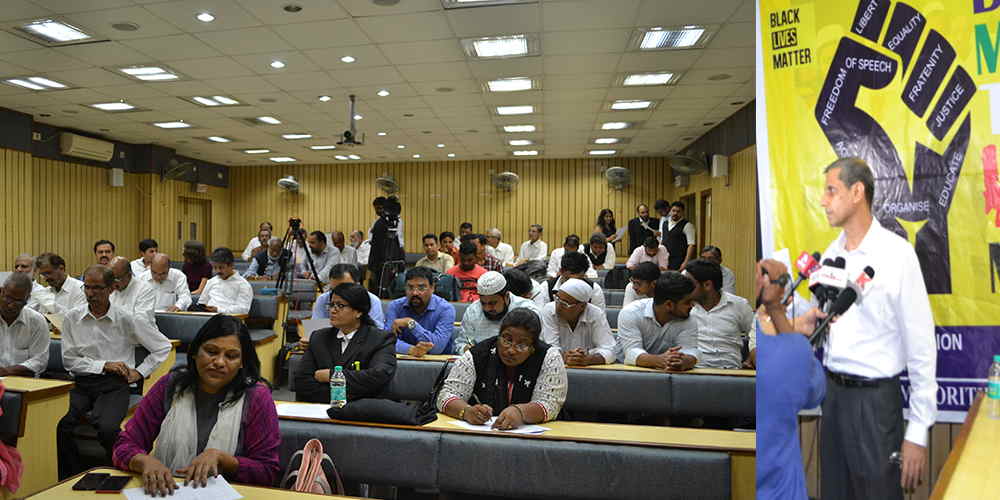

 Latest world news12 hours ago
Latest world news12 hours ago
 Cricket news12 hours ago
Cricket news12 hours ago
 Latest world news11 hours ago
Latest world news11 hours ago
 India News8 hours ago
India News8 hours ago
 India News3 hours ago
India News3 hours ago
